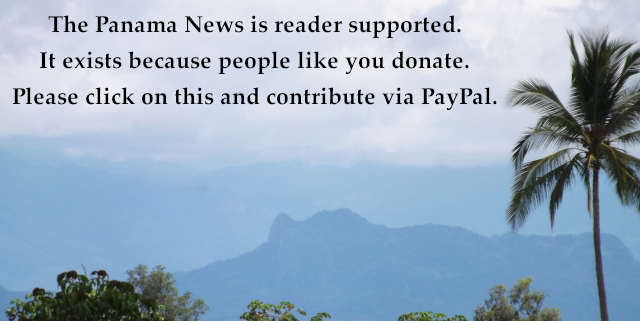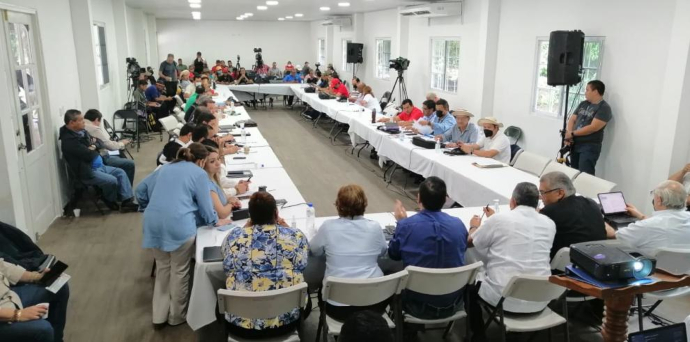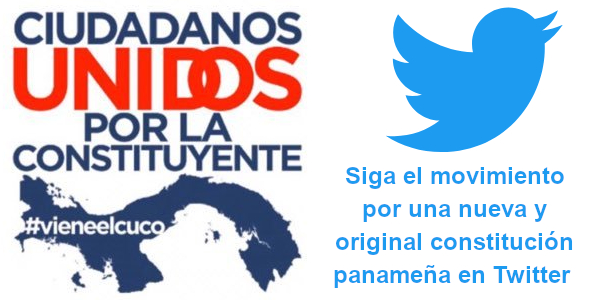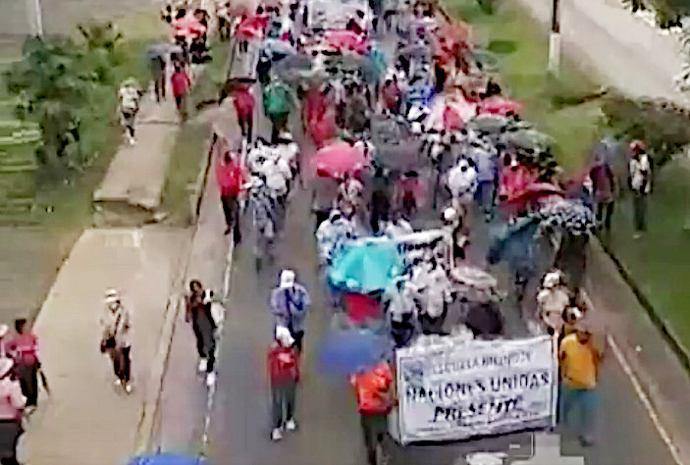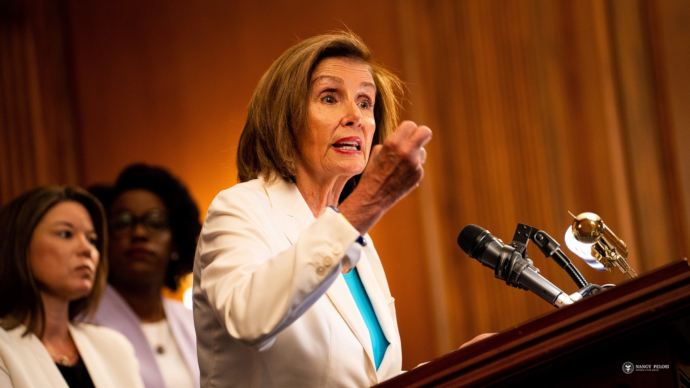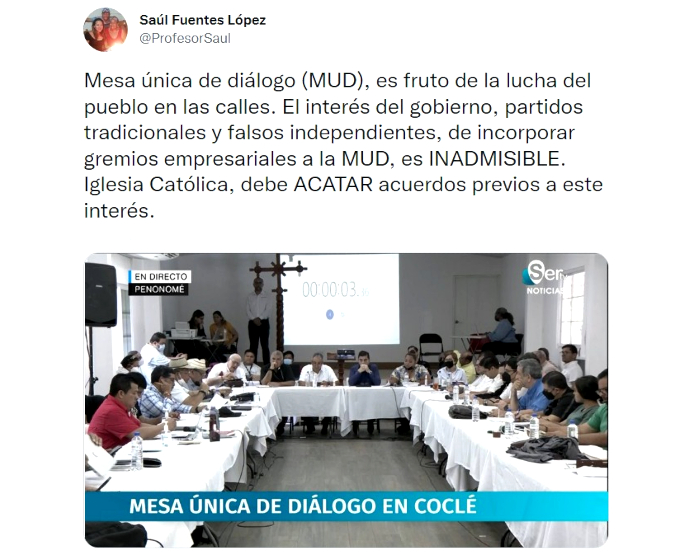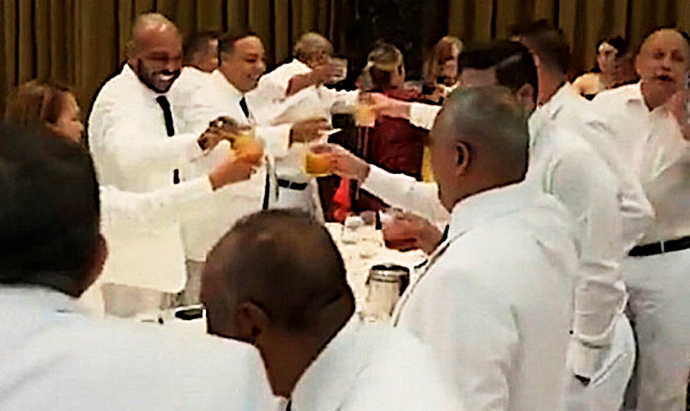They start by deciding who can get the subsidized business. Quite the opportunity for abuse.
One set of fuel prices for all
Double lines for two sets of prices for fuel coming out of one large underground tank. Slowdowns while gas station owners check, or go through the motions of checking, to see who qualifies for subsidies and who does not. Bad faith arguments to the sellers’ advantage against the customers.
Hasn’t that been so very predictable? Isn’t that akin to means testing in other places, wherein any money saved on excluding people who don’t qualify tends to be spent on hiring people to check?
Having one set of prices at the fuel pumps for those who qualify and those who don’t is a bureaucratic nightmare.
And will it be defended by the xenophobes slithering out from under their rocks, railing against the possibility that some gringo, some vene, some other, might get what’s intended for citizens only? First of all, these sorts of delays and shakedowns been observed from the passenger seats of buses, clearly Panamanian owned and operated, transporting overwhelmingly Panamanian working class clientele. It’s at the bottom line a structural nightmare, giving malicious people opportunities to inject their venom even if the policy isn’t based on that malice, giving one more angle for the hustlers among us to run their schemes even if the designers of the fuel subsidy policy didn’t act due to any personally corrupt motive.
There should be one price of 91 octane gasoline for everybody. There should be one price of 95 octane gasoline for everybody. There should be one price of diesel fuel for everybody. These prices should be based on what it costs for these fuels on the international market, plus the reasonable operating expenses and a guaranteed small profit margin for the gas station owners.
Panama might want to assert its sovereign neutrality by purchasing fuel from whom we can on the best terms we can, regardless of any US sanctions. We should not be paying for US vendettas against Venezuela or Iran, and be very discerning about any international sanctions we might want to honor. However, we should also recognize that such policies would be better if temporary, only pending a great Panamanian turn against the internal combustion engine.
Long term thinking? Everybody who lives here, regardless of status, should be treated as having a stake here, should be respected, should be expected to respect others in Panama. No first and second class human beings recognized as such, because in the long run that corrodes our social fabric.
Long term thinking? Looking forward to the day when we tell Venezuela that we are not burning derivatives of their viscous petroleum anymore – but we are interested in buying some of it as a raw material for Panamanian manufacturing industries to come.
Panama is stuck on a five-year cycle to all planning and public policy thinking. It’s a matter of survival and prosperity for us as a nation to get beyond this. The foolish bureaucratic procedures about fuel prices is but an indication that we have not gotten over the political problem.
Talk about talks. Who accomplished what is beside the point. Allow business lobbies and the Martinelistas into the talks and they will fail.
One set of talks to end the strike,
the wrecking crews excluded
The grinding economic problems, inflation perhaps being the last and worst of them but not at all the start, finally brought Panama to a boiling point. Different forces in society – educators, unions in various other sectors, hungry and stranded rural communities that are mainly but not only indigenous, small businesses of the formal and especially the informal sectors, professional organizations, public sector workers, would-be social reformers, people just tired of the crime wave and of seeing its manifestation on their blocks encouraged and incited by the sleaze at the tops of the political and private sectors – finally erupted in the way that such things play out in this country, with road-blocking protests.
That thugs intervened, looking for angles to exploit, might have been expected and we have seen a bit of that. We have seen political grandstanding. The protest movement, however, isn’t a bunch of maleantes nor is it malignant forces maneuvering for political position. The strike is real, about real causes, led by sincere people.
The president left the country for medical treatment and in his absence a cynical and inept vice president made the situation worse. The president came back and with assistance from the archbishop, called the protagonists in to talk, to find a way to end a situation that’s hurting the country.
Now, people whose arrogant behavior contributed so much to the rage complain that negotiations over the economic situation endanger their privileged positions, that a political solution that more or less restores social peace would obstruct their paths back to power, have formed an alliance that demands entry into the strike negotiations. These people are not sincere. We could cite a litany of litanies to demonstrate this, but all you need to do is estimate what these groups’ entry into the talks would do. It would derail and destroy the fragile peace process – as these groups intend.
The president met separately with business leaders – who have had his ear all along – to discuss concerns about some of the consequences of a settlement with organized labor and other parts of the protest movement. They convinced him to ask for their inclusion in the talks.
Big business has and has had too much influence over the Panamanian government, but their concerns should always be heard and taken into account when they raise valid points. They should not be allowed to come in and wreck the peace talks as one of their prominent members, Ricardo Martinelli, has disrupted the justice system here.
Settle this strike with those now talking, and talk to business interests in light of the settlement. And Martinelli? He belongs behind bars and he and his minions don’t belong at the peace talks.
René Magritte — Le faux miroir (The false mirror) (1935).
If the dream is a translation of waking life, waking life is also a translation of the dream.
René Magritte
Bear in mind…
The telling of jokes is an art of its own, and it always rises from some emotional threat. The best jokes are dangerous, and dangerous because they are in some way truthful.
Kurt Vonnegut Jr.
Mix a little foolishness with your prudence; it’s good to be silly at the right moment.
Horace
We went down into the silent garden. Dawn is the time when nothing breathes, the hour of silence. Everything is transfixed, only the light moves.
Leonora Carrington
Contact us by email at fund4thepanamanews@gmail.com
To fend off hackers, organized trolls and other online vandalism, our website comments feature is switched off. Instead, come to our Facebook page to join in the discussion.
These links are interactive — click on the boxes
